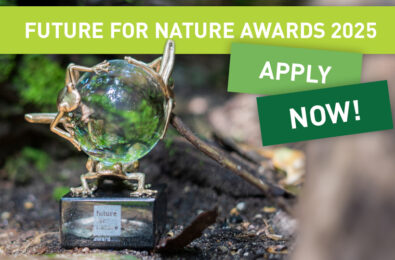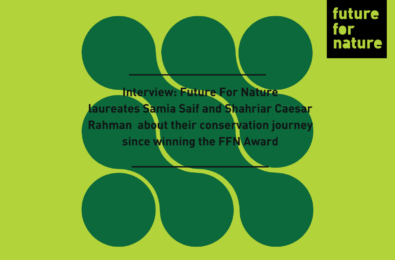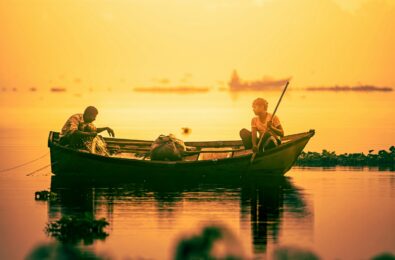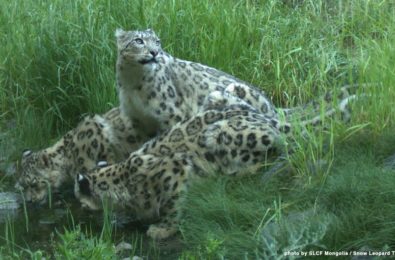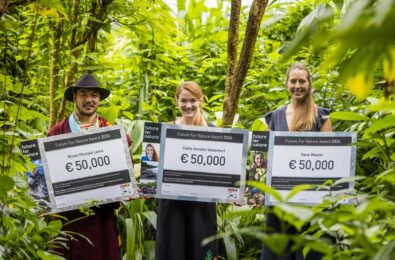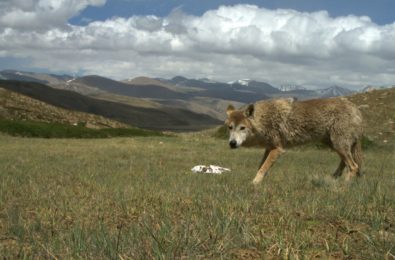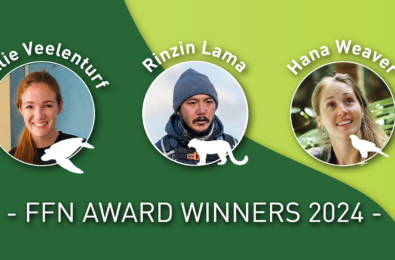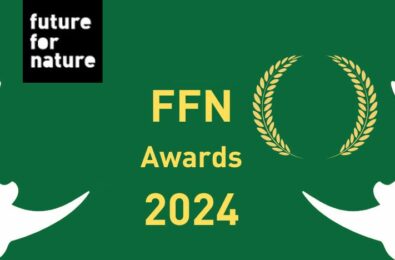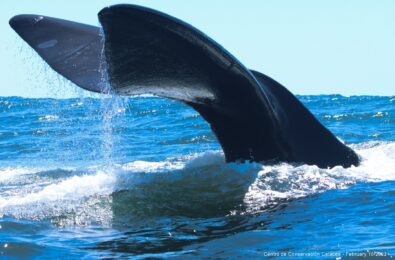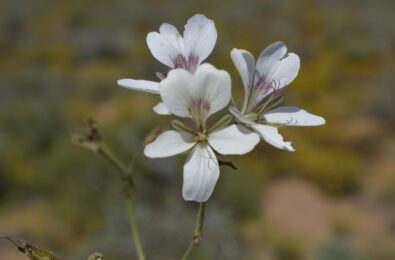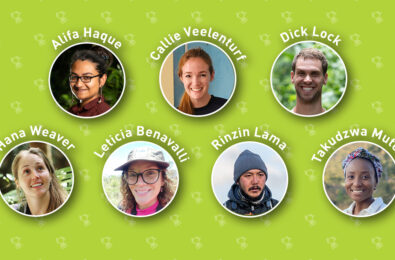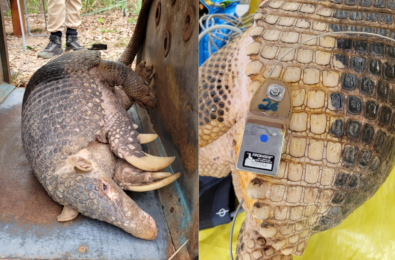Farwiza Chose to be the Difference
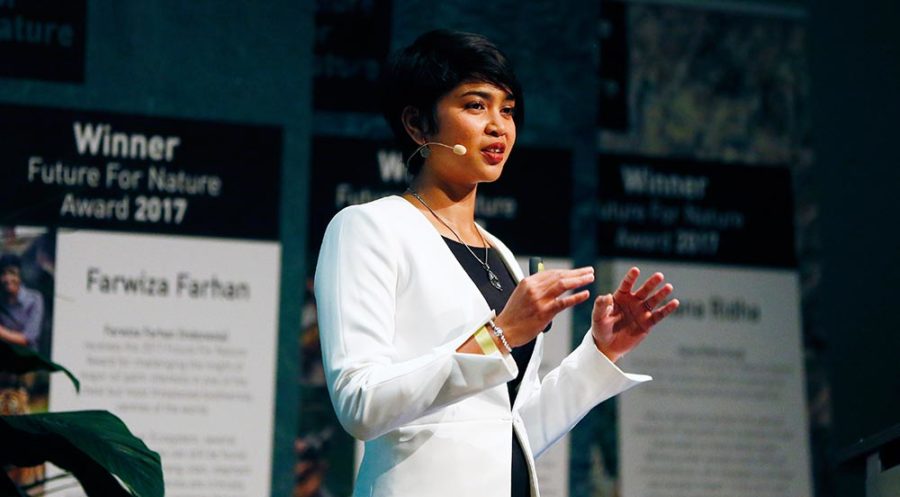
One of our followers Rascha Nuijten had an interesting question for the FFN Award winners: “What drives their passion to go for it everyday, despite setbacks or negativity in the news?” FFN Award 2017 winner Farwiza Farhan took the time to give an inspiring answer.
Turning negativity into positivity
There’s a bottomless pit of negativity, if we allow ourselves to fall into it. Everyday, as we turn on the TV we are bombarded with negative news. It ranges from increasing human casualty in a war somewhere in the world, case of catastrophic famine or a clash between political leaders to extinction of species because of climate change. It is so easy to imagine everything is falling to pieces and there’s nothing we can do about it.
Yet, if we’re willing to take a more balanced view of the world, we would notice that in many aspects, the world is getting better. The number of malnourished children is falling world-wide (except in warzones), conservation efforts are showing some successes, people are becoming more aware of the environmental problem the planet is facing and are doing something about it. At least some people would choose to do something about it rather than sitting back and complaining that it’s all gone bad.
Sharing positivity and knowlegde
Everywhere I go I would come across some negativity. Are you familiar with the phrases: “the government of country X is so corrupt there’s nothing that can be done” and “I can’t believe how ignorant the local people are, look at the destruction they have caused to their beautiful environment”? One of the most extreme assumptions that I hear quite a lot is “Everyone is just greedy and they don’t care about the impact of their actions to the world.” After many years of working in the conservation world I learned that most of these assumption couldn’t be further from the truth. Yes, the government in certain countries can be very corrupt, but they can also be a functioning government that one could work with. Thepeople sitting on those government seats are people too, and people generally want to do good. Especially if it’s easy to do good. The “ignorant” local population might be ignorant for a reason; maybe they don’t have the same access to education, critical thinking, and information as you do. Instead of feeling frustrated by the “ignorant locals”, why not share what you know? Perhaps they would cast a pearl or two of their local wisdom, knowledge you perhaps never heard of.
You are the change
Oftentimes we get caught up in the feeling of powerlessness. “I am not the manager, I can’t change the office policy” or “I am not the minister or the president, I am not able to change the country’s policy”. In reality, although very few of us serve as minister or president, each of us is changing policies that shaped the world, whether we realise it or not. For example, when we purchase certain products, we are signalling to the companies that produce the products that in some ways we agree with their ways. It’s up to us who we choose to support. When we see plastic waste scattered on a pristine beach, it’s up to us to do something, or hope someone else would do something about it. When we see negative news, it’s up to us to choose how much it will impact our behaviour and decision day to day.
Everywhere I go I see hope and progress, I was recently diving in Raja Ampat, one of the most beautiful diving destinations in the world. Every dive was the best dive I have every done in my life (I have been diving for 15 years, so in most places I witness destruction and degradation first hand). Then I learnt that it wasn’t always this way. 10 years ago, sharks fisheries nearly wiped out the entire shark population in Raja Ampat. A diver reported that a decade ago he went diving in Raja Ampat and he only saw one shark in a 10 day trip, with 4 dives a day. Yet this time around we saw more than one shark on average almost on every dive site we went to. Conservation efforts have really made a difference out here, creations of no-take zones allow reef and fisheries to flourish, and active community participations create long-term sustainability like nowhere else I’ve visited.
If we are willing to take some responsibility of our power, we would realise that each of us have power in our hands, it’s up to us how we choose to use it.
“I choose to stand up and do what I can to make the difference I want to see in this world.”






